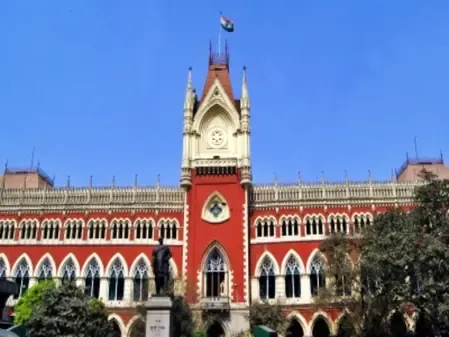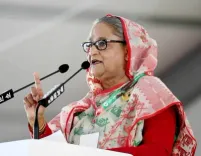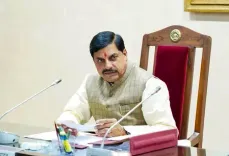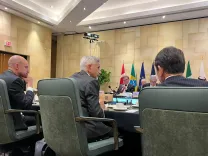How is the Uttarakhand government addressing court-ordered staff regularisation, wages & ex-servicemen jobs?
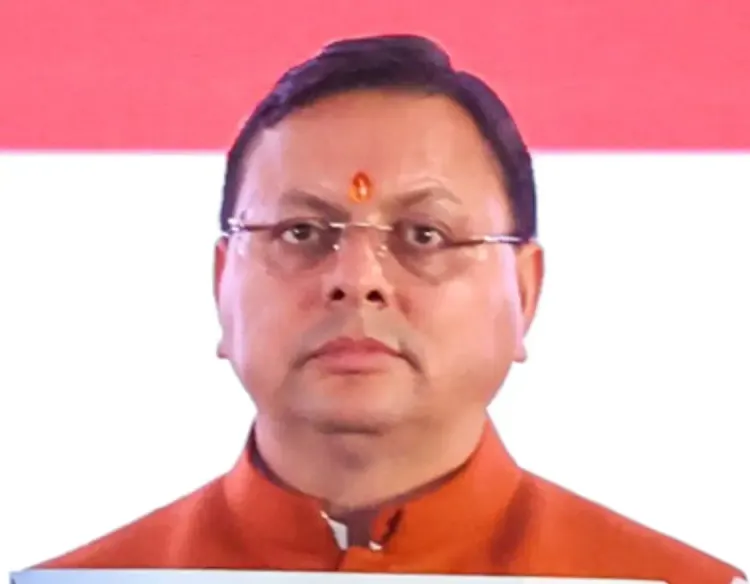
Synopsis
Key Takeaways
- Formation of two high-level committees to address employee regularisation.
- Committees will ensure compliance with minimum wage standards.
- AI tools will streamline claims processing.
- Reports expected by early 2026.
- UPNL amendments pave the way for global employment schemes.
Dehradun, Nov 12 (NationPress) In a decisive move following judicial mandates, the Uttarakhand Cabinet, led by Chief Minister Pushkar Singh Dhami, established two prominent committees on Wednesday to resolve longstanding challenges concerning contractual employees and the welfare of ex-servicemen, while also endorsing significant updates to the Uttarakhand Purvanchal Nigam Limited (UPNL).
In compliance with the Hon'ble High Court of Uttarakhand’s directive, a specialized “Cabinet Committee” has been formed to manage the regularisation of daily wage, acting charge, contract, fixed pay, part-time, and ad-hoc personnel across various state departments.
This committee will also set future cut-off dates for eligibility, ensuring a transparent and timely process. This initiative aims to clear thousands of pending cases and foster stability within the workforce.
Concurrently, the Cabinet discussed ensuring “minimum wages and dearness allowance” for personnel deployed by UPNL, as per court requirements.
A Cabinet Sub-Committee was established to involve all relevant stakeholders—including employee unions, finance, and law departments—and to finalize recommendations within two months.
The committee will assess financial implications, service conditions, and legal compliance before reaching a final conclusion. Additionally, the Cabinet sanctioned amendments to UPNL’s “Memorandum of Association (MoA) and Articles of Association (AoA).
These amendments will empower the corporation to initiate overseas employment schemes for ex-servicemen, their dependents, and unemployed youth, while also addressing gaps in income tax compliance.
The revamped framework positions UPNL as a global job facilitator, utilizing AI-driven skill mapping and international partnerships.
CM Dhami asserted, “These decisions demonstrate our commitment to justice, the dignity of labor, and the empowerment of our ex-servicemen and youth.”
The implementation of AI tools for data analytics will enhance the committees' efficiency in processing claims and mitigate delays.
With court-imposed deadlines approaching, these twin committees are expected to deliver reports by early 2026, setting the stage for policy implementation.
Officials have confirmed that digital dashboards will monitor progress in real-time. These decisions reflect proactive governance that harmonizes judicial compliance with administrative reform in the hilly state.

